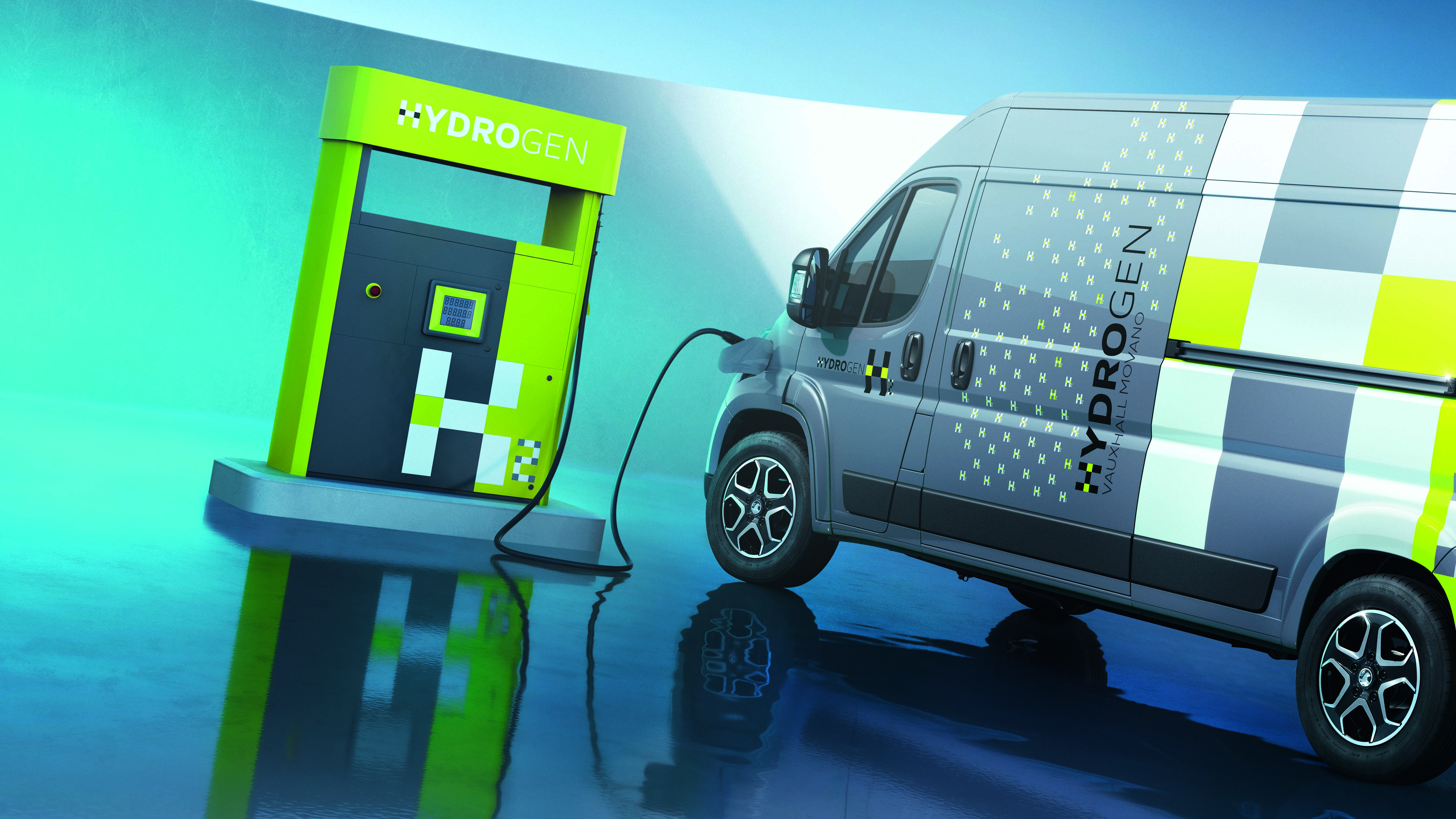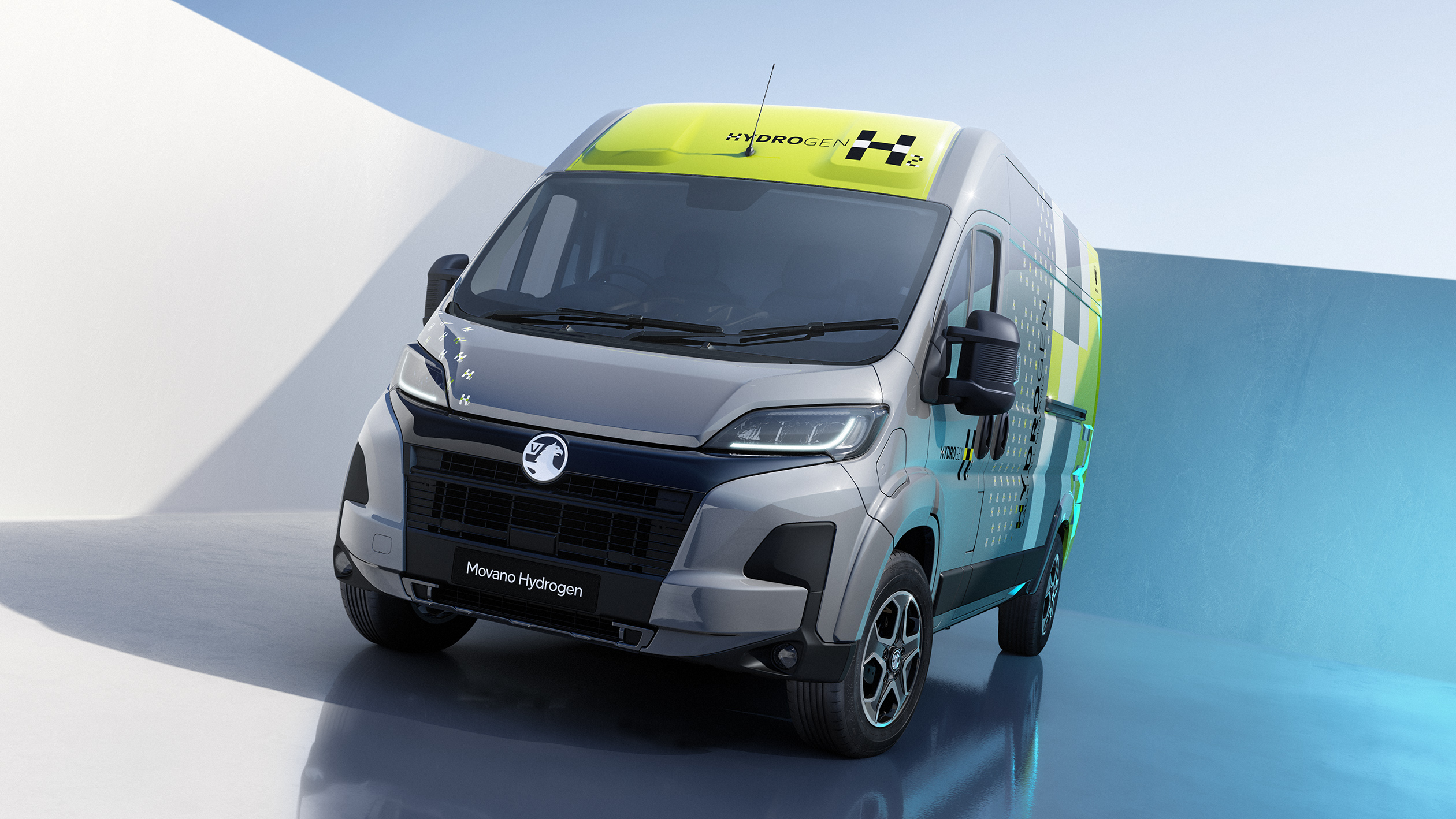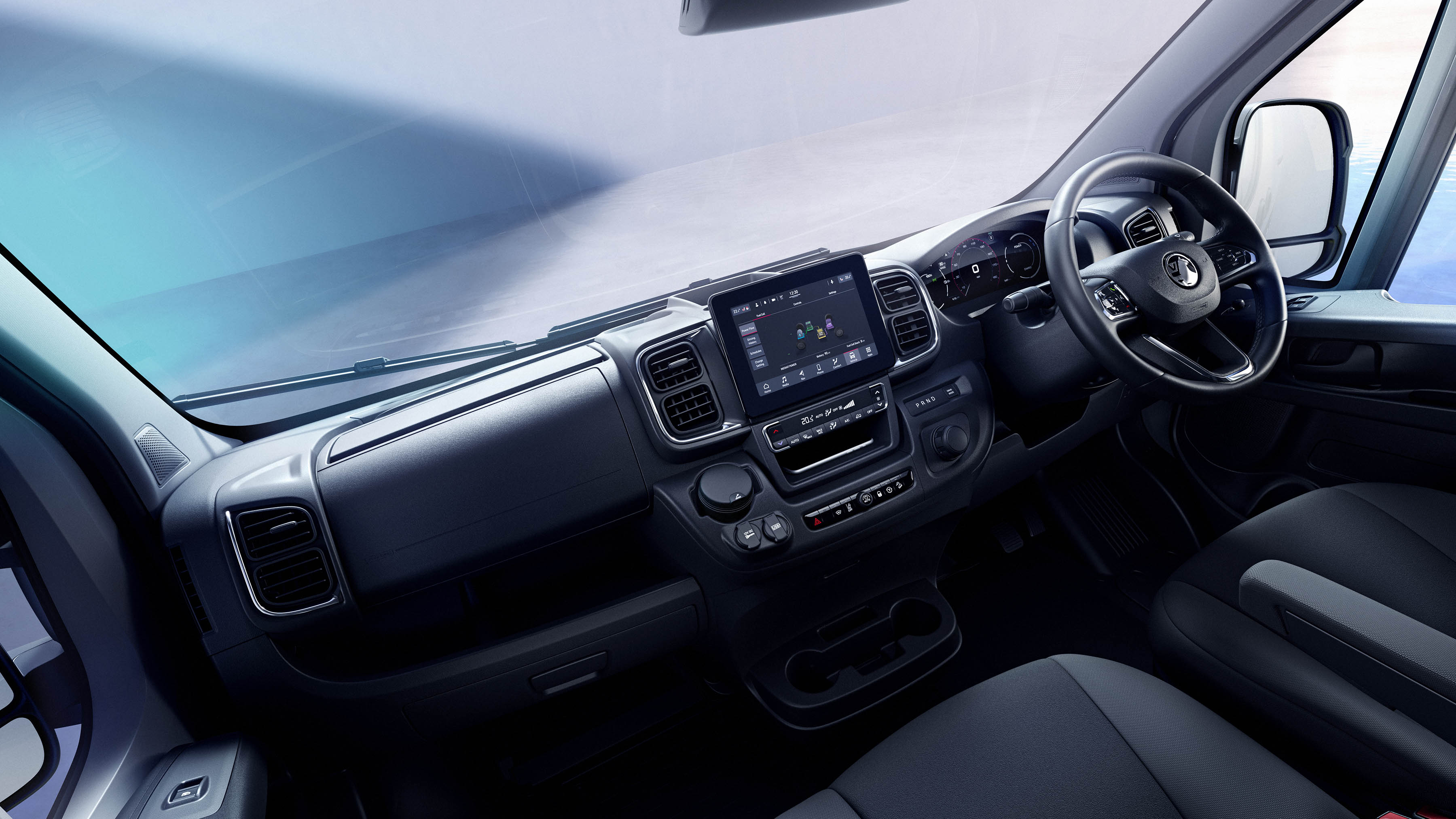
Stellantis has binned its hydrogen development to focus on hybrids and EVs
Hydrogen-powered vans are scrapped just as production was set to start. Stellantis says “no development prospect” for alternative fuel
Stellantis has pulled the plug on its hydrogen fuel cell development programme, saying it “does not anticipate the adoption of hydrogen-powered light commercial vehicles before the end of the decade”.
Yep, Stellantis was hoping to lead the hydrogen revolution with vans, with medium-sized production previously set to kick off this summer in Hordain, France, while large hydrogen vans would be built in Gliwice, Poland. The carmaking MegaCorp said it’ll no longer launch the vans with these powertrains, but it also made clear this “will not impact staffing at Stellantis’ production sites”. R&D spend that previously went on hydrogen tech will now “be redirected to other projects”.
“In a context where the Company is mobilising to respond to demanding CO2 regulations in Europe, Stellantis has decided to discontinue its hydrogen fuel cell technology development program,” said COO for Europe Jean-Philippe Imparato.
“The hydrogen market remains a niche segment, with no prospects of mid-term economic sustainability. We must make clear and responsible choices to ensure our competitiveness and meet the expectations of our customers with our electric and hybrid passenger and light commercial vehicles offensive.”
Stellantis, which makes commercial vehicles under the Citroen, FIAT Professional, Opel, Peugeot, Ram and Vauxhall brands, also called out the lack of refuelling infrastructure in place for hydrogen vehicles, and the need for stronger purchasing incentives to bring prices down.
Back in December last year, UK pricing was revealed for the large Vauxhall Movano in its now-canned hydrogen form (pictured above). There’s no easy way to say this, but it was to start at just over £70,000 and promised a range of 311 miles, with a refuelling time of just five minutes.
Reckon hydrogen propulsion still has a future?
Top Gear
Newsletter
Thank you for subscribing to our newsletter. Look out for your regular round-up of news, reviews and offers in your inbox.
Get all the latest news, reviews and exclusives, direct to your inbox.
Trending this week
- Long Term Review
Why the VW Passat is a Good Car, from a photographer's POV
- Formula One
Here’s every 2026 F1 livery revealed so far










